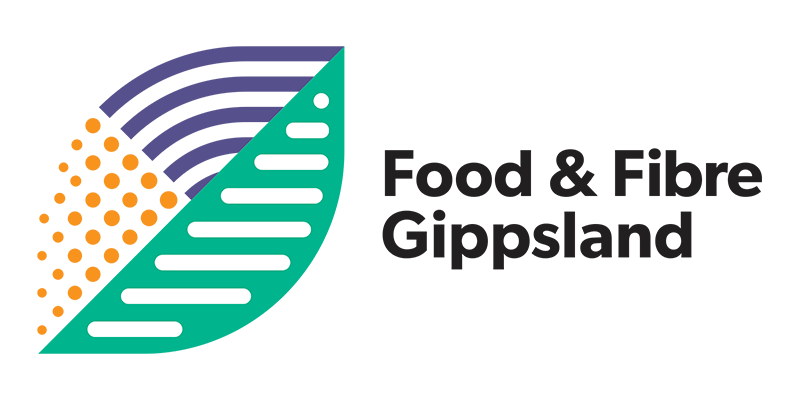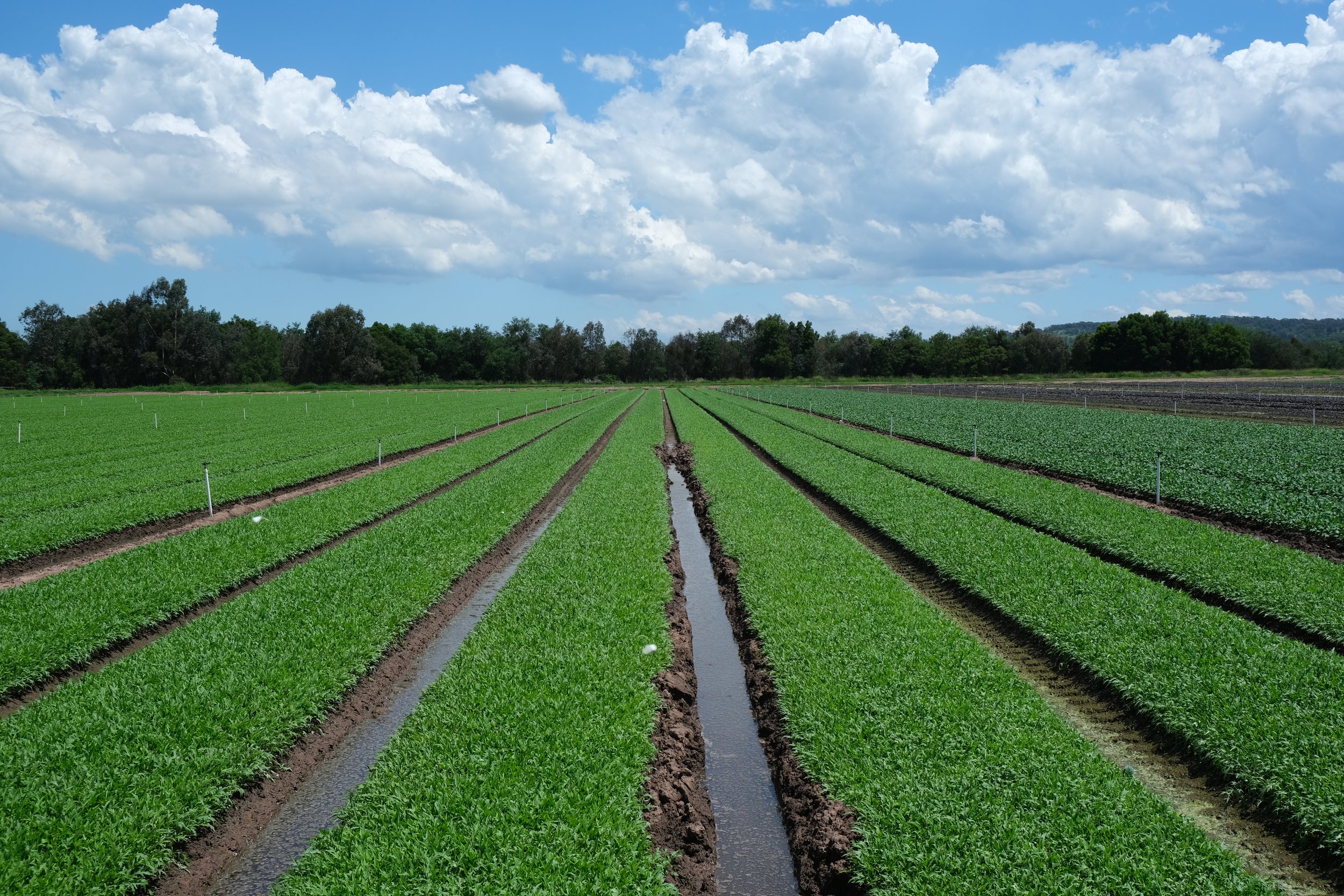Case study highlights challenges of compound rain events
Growers across large parts of Australia, particularly Victoria, have been significantly impacted by severe compound rain events over the last few months. Food & Fibre Gippsland’s VegNET Regional Development Officer Emily Scott spoke with two Gippsland growers about the devastating impacts, gambles, and stresses they experience trying to produce high-quality baby leaf salads for supermarkets and wholesalers.
Vegetable growers across Gippsland have lost millions due to recent weather events, with some farms now experiencing financial hardship due to compounding losses and damage. Growers need customers at all levels to understand that the impacts of rainfall don’t stop when the rain stops, and what it really takes to produce ‘perfect’ fresh salad and vegetables.
Ben Gebert, CEO at Food & Fibre Gippsland, noted that the challenges for growers are magnified by consumer perceptions of fresh produce quality. “The marketers’ fixation with ‘perfection' and consumer demands for longer shelf-lives and higher uniformity are often at odds with the realities of growing fresh produce, particularly when our growing regions are experiencing climate volatility,” he said.
In consultation with two Gippsland growers, Emily has written a case study entitled The impacts of severe and compound weather events on baby leaf crops. The publication details the true extent of impacts felt by farmers during significant and prolonged weather events and what this means for the supply and quality of baby leaf salads into wholesalers and supermarkets, for the weeks and months following.
To keep up to date with VegNET Gippsland news and events, subscribe to the monthly newsletter, and follow ‘VegNET_Gippsland’ on Facebook and Instagram.

